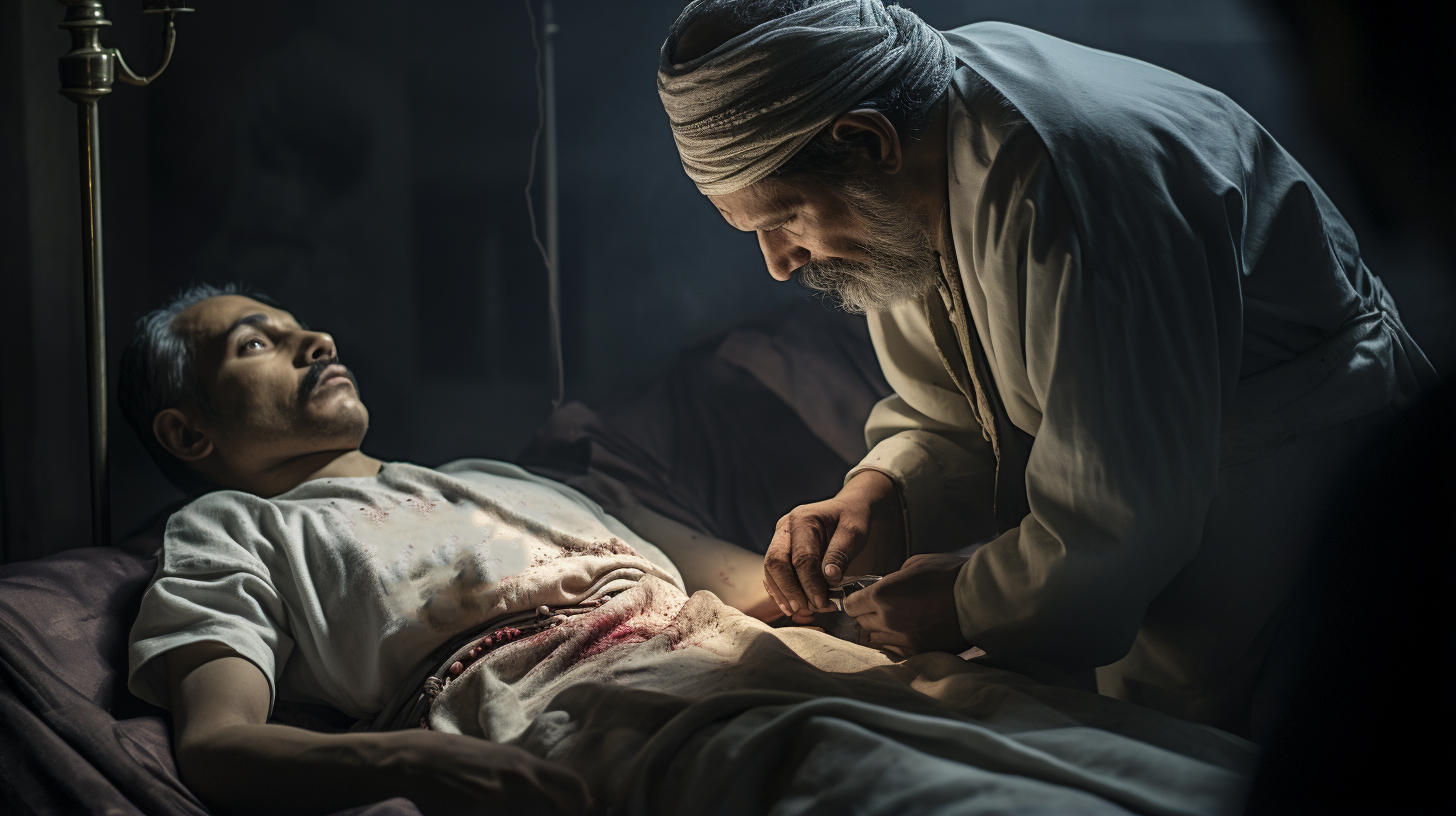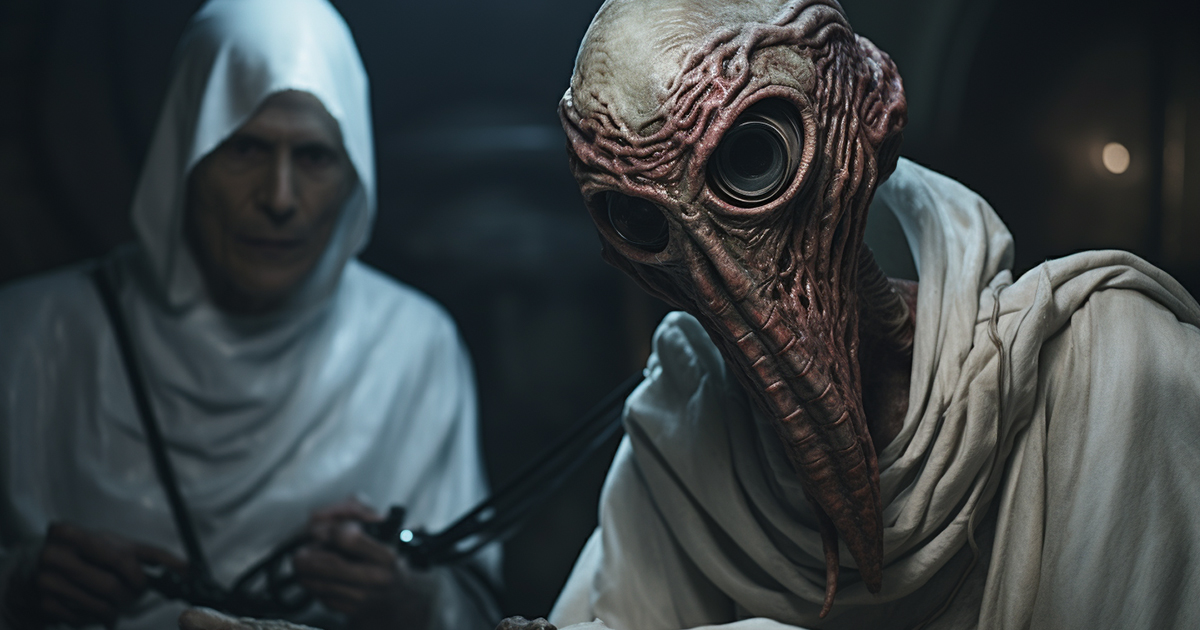Varanasi, a city entrenched in history and legend, lies at the heart of India. Nestled by the sacred Ganges River, Varanasi stands as one of the oldest cities globally, enveloped in an aura of mystique. It is within this rich tapestry of Indian culture and spirituality that we encounter Sushruta, an ancient physician of enigmatic presence, believed to possess extraordinary medical knowledge far surpassing his era.
The legacy of Sushruta stands as a testament to the profound wisdom that once graced the corridors of ancient Varanasi. Credited with pioneering surgical techniques ahead of his time, Sushruta’s repertoire included groundbreaking procedures such as skin grafts, cataract removals, and early forms of plastic surgery.
The remarkable medical feats accomplished in antiquity by Sushruta raise intriguing questions about the origins of his knowledge and the wellspring of his exceptional abilities.
Delving into the annals of history, a captivating connection emerges between Sushruta and the divine realm. According to Hindu legend, Sushruta gleaned his medical wisdom from Dhanvantari, a celestial being revered for his exceptional knowledge and association with ancient healing practices.

Dhanvantari, often depicted with four arms bearing medicinal herbs, transcended mere deity status. He embodied a repository of profound wisdom that delved into the intricate balance of the human body’s physical and subtle aspects.
An intriguing element of this narrative is the concept of shape-shifting attributed to Dhanvantari, who was believed to assume various forms, including that of a bird, during earthly manifestations, sparking contemplation and speculation.
Could a link exist between Dhanvantari and the enigmatic Egyptian healing deity Thoth, portrayed as a hybrid bird-man entity? Exploring such connections raises thought-provoking inquiries regarding the roots of ancient medical knowledge.
Notably, Dhanvantari and Thoth share a common motif of bird-like features in their representations, hinting at a recurring theme in the mythology of extraterrestrial divinities transmitting ancient medical wisdom to Earth.
Sushruta’s assertion that his knowledge emanated from the gods adds weight to the possibility of celestial influence on the advancement of human healing practices. Across diverse cultures, early healers are often ascribed with divine origins, reflecting a shared belief in divine intervention shaping the evolution of medicine.
Undeniably, a common thread emerges – a divine or extraterrestrial hand guiding humanity towards improved well-being. As we navigate through these ancient narratives and their implications, we are prompted to reflect on the nature of these celestial beings who may have steered human civilization towards progress.
In Varanasi’s heart, amidst the mystique of ancient India, Sushruta’s tale and his celestial ties to medicine’s origins remain a captivating mystery. This narrative urges us to reconsider the boundaries of human knowledge and contemplate the prospect that our pursuit of healing and enlightenment could have been influenced by celestial entities above. Unraveling the historical tapestry may unveil answers to our most profound curiosities, concealed within the depths of the ancient past, awaiting discovery.
